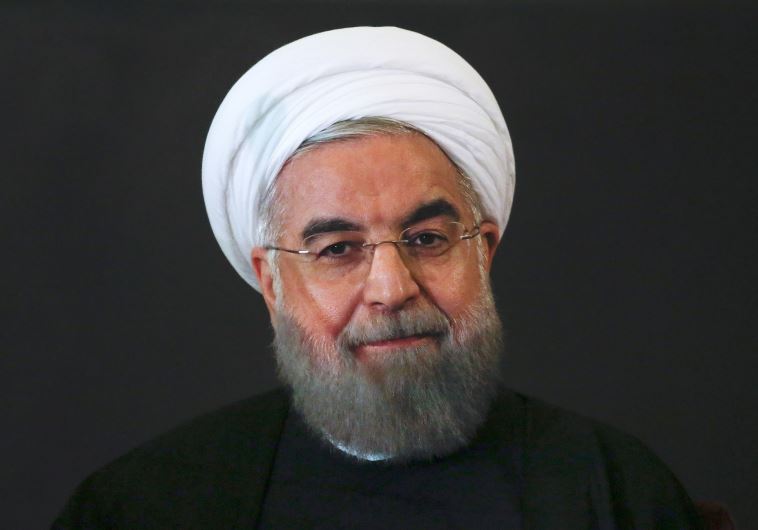The ticking clocks of Iran's nuclear program
Key senators, administration officials and Jewish leaders talk to The Jerusalem Post about new sanctions bill.
 Iran President Hassan Rouhani at the Campidoglio palace in Rome, Italy, January 25, 2016 Updated:
Iran President Hassan Rouhani at the Campidoglio palace in Rome, Italy, January 25, 2016 Updated: